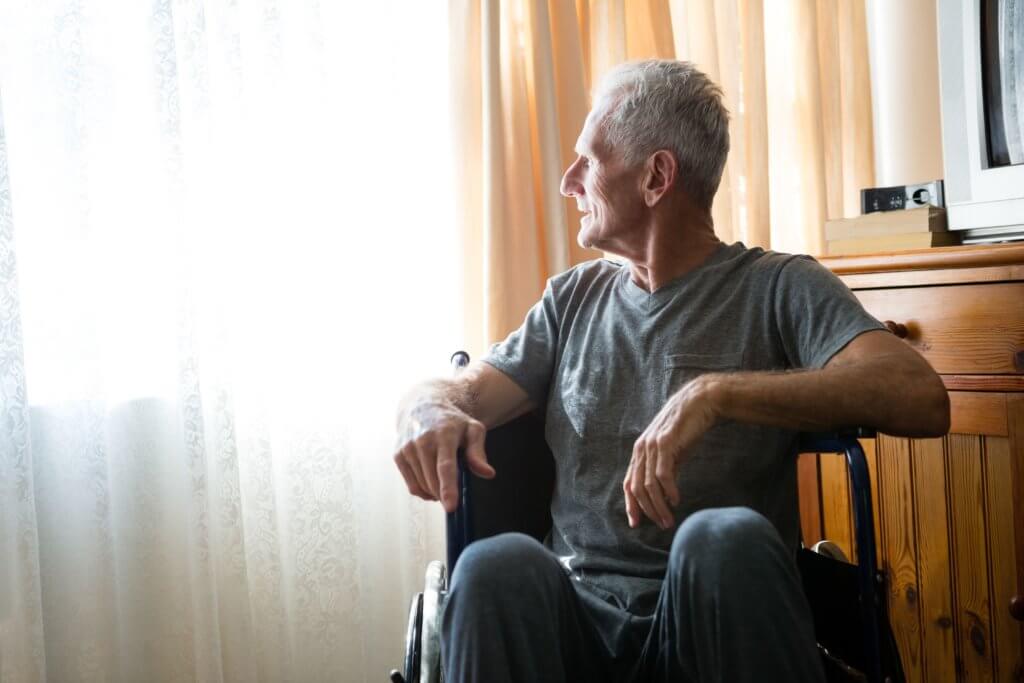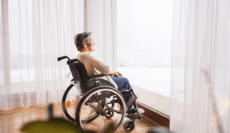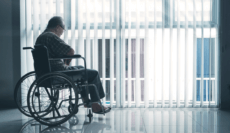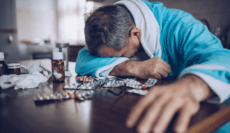Nursing home abuse
What Changes Can Be Made for Safer Nursing Homes

Before the coronavirus pandemic, many nursing homes were known to provide substandard care and services to their residents. Many also struggled to retain a well-trained staff. The onslaught of COVID-19 brought these challenges to light and exposed the problems that many nursing homes face in the United States. Residents in nursing homes across the country, and the health care staff who provide care for them, have been hit incredibly hard by COVID-19. More than 250,000 reported COVID-19 cases and 62,000 deaths were reported as of June 2020 among nursing home and long-term care facilities. These facilities house vulnerable populations – including the elderly and adults who require 24-hour care. Many battle chronic diseases or are otherwise immunocompromised which puts them in the highest risk category for coronavirus infection. With the lessons learned months after the pandemic started, the following are ways nursing homes can be made safer for residents and a more desirable workplace for well-trained staff:
Take Care of the Caregivers
Healthcare workers throughout the pandemic have been considered heroes and essential to keeping the virus contained. This includes caregivers and nursing assistants who run nursing homes and long-term care facilities. Nursing homes have not historically been known for their excellent work environments, but by starting to take care of all employees who provide care for nursing home residents, the quality of that care will increase. Throughout the pandemic, nursing home staff shortages were common. Caregivers working in environments with low pay and little to no provided personal protective equipment (PPE) were put in a position to be exposed to the virus. Many employees refused to work in those conditions.
Increasing the wages for well-trained direct caregivers and nursing assistants, who typically receive minimum wage, can encourage long-term employment and job satisfaction, especially when they are putting their lives at risk by taking care of those who have COVID-19. Employees who are paid an appropriate wage for their work and its associated risks will also be more likely to build meaningful relationships with those they care for. Beyond making sure there is better pay for staff, nursing home policy could be changed to require an adequate number of staff to deliver high-quality care to all residents including national minimum staffing standard and increased efforts to recruit and retain well-trained staff in nursing homes. Providing the appropriate PPE and access to COVID-19 testing will also help create a better, long-term work environment for caregivers.
Increase Access to Doctors
During the pandemic, telemedicine was crucial to decreasing the spread of the virus as well as decreasing the risk of a medical professional contracting COVID-19 and being taken out of the workforce for a period of time. Continuing to provide access to more medical professionals, via telemedicine or in-person, including doctors and social services, can significantly increase the quality of care nursing home residents are receiving. Having a staff doctor on-site or on-call will help with minor medical emergencies that pop up and/or can help detect a virus or disease that a resident may contract more quickly.
Encourage Resident-Centered Models of Care
Many nursing homes are very large facilities with hundreds of beds in an almost hospital-like setting. These facilities have large, shared spaces that encourage the spread of COVID-19 and forced residents in many nursing homes to isolate in their small rooms. Instead of a large-scale institution-like setting, resident-centered models of care should be adopted to allow smaller groups of residents to interact together without isolation. Many successful nursing home facilities are comprised of smaller homes on the same campus that include private bedrooms and bathrooms for residents with common areas that serve 10-12 people. These smaller homes would allow a nursing home group to form a “bubble,” and continue to socialize while isolating from the rest of the nursing home population, stopping the spread of a virus that may enter the environment.
Update Outdated Buildings
Many nursing homes are currently housed in older buildings that rarely receive significant upgrades. There are a variety of physical changes that can be made to nursing home facilities to make them safer for residents, including using ultraviolet lights to disinfect HVAC systems and installing protective Plexiglass barriers between desk staff and visitors. To ensure the safety of nursing home and long-term care residents, adequate funding will be required to make sure necessary physical safety measures are put into place.
Philadelphia Nursing Home Negligence Attorneys
Unfortunately, while it has been widely known that nursing homes are hot spots for elder neglect, it has taken a global health crisis for many to wake up to the reality that nursing homes fail residents daily. No person should ever be subjected to neglect or abuse, especially those who are vulnerable and rely on caregivers. If you or a loved one has been a victim of nursing home negligence, contact us today to discuss your case.








